Are you tired of feeling bloated and uncomfortable? I’ve been there too, and I know how frustrating it can be to find a constipation relief food that actually works.
In this article, I’ll share my personal experiences and knowledge about the best foods to alleviate constipation and promote healthy digestion.
By incorporating these foods into your diet, you’ll not only relieve constipation but also improve your overall gut health.
TLDR;
- The Magic of Prunes
- Chia Seeds: A Tiny Powerhouse
- Stay Hydrated with Clear Soups
- Say Yes to Leafy Greens
- Insoluble fiber for a Healthy Gut
- Enjoy the Benefits of Citrus Fruits
- Beans: The Magical Fruit
- The Power of Berries
- Embrace the Nutty Flavor of Nuts and Seeds
- Relieve Constipation with Fibrous Fruits
- Indulge in Dark Chocolate
- Unleash the Benefits of Cooked Spinach
- Boost Your Digestive Tract with Oat Bran
- Experience the Natural Laxative Properties of Aloe Vera
- Sip on Ginger Tea for Improved Digestion
- Enjoy the Hydrating Benefits of Cucumbers
- Stay Hydrated for Optimal Digestive Health
- Exercise Regularly to Stimulate Bowel Movements
- Establish a Consistent Eating Routine
- Limit Processed Foods and Refined Sugars
- Prioritize Stress Management
The Magic of Prunes
Prunes are often touted as a natural laxative, and for a good reason. They are rich in both soluble and insoluble fiber, which helps soften stools and stimulate bowel movements.
Incorporating just a handful of prunes into your daily diet can make a significant difference in alleviating constipation symptoms.
Plus, they are packed with essential nutrients like potassium and vitamin K, which further support overall health.
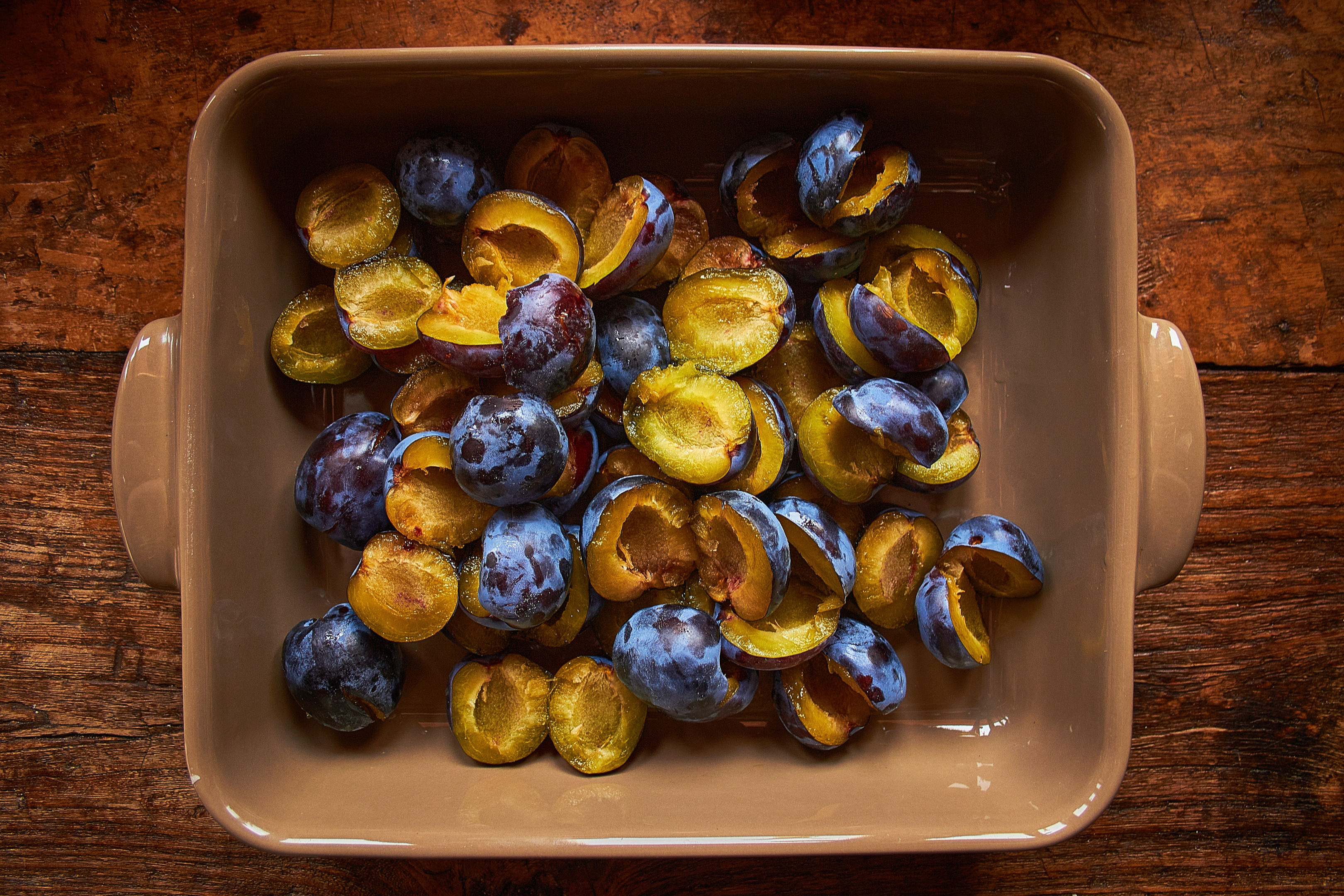
Chia Seeds: A Tiny Powerhouse
Chia seeds are an excellent source of insoluble fiber, which adds bulk to your stool and helps to promote regular bowel movements.
These tiny seeds also absorb water and expand in your digestive tract, making it easier to pass stool. Simply mix a tablespoon of chia seeds into your yogurt, smoothie, or oatmeal for a fiber boost that can help relieve constipation.
Additionally, chia seeds are also rich in omega-3 fatty acids, which contribute to a healthy heart and brain function.
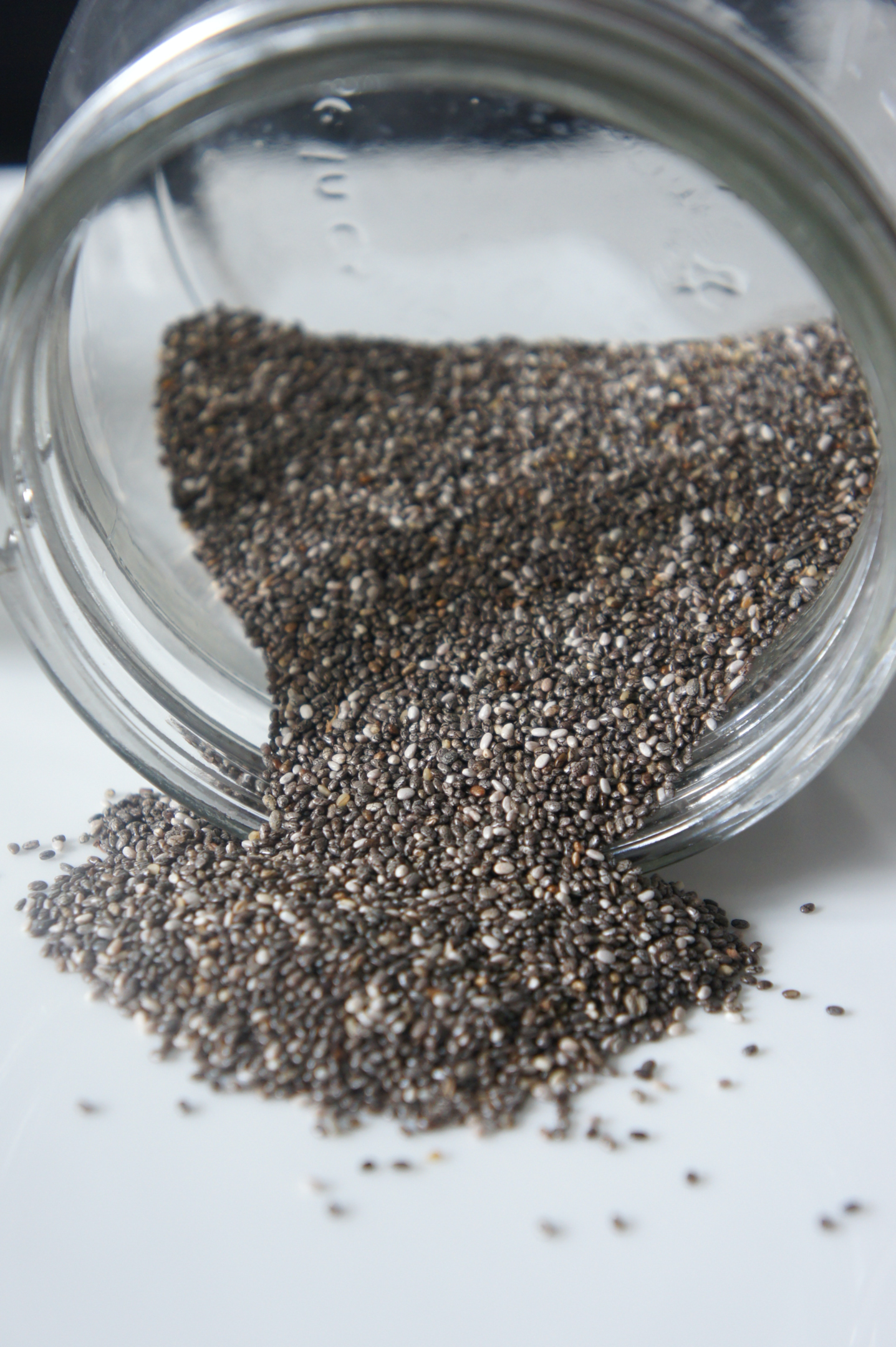
Stay Hydrated with Clear Soups
When it comes to constipation relief food, don’t underestimate the power of hydration. Drinking plenty of water is essential for maintaining a healthy digestive system, and consuming clear soups can help you stay hydrated while providing essential nutrients.
Opt for broth-based soups with plenty of vegetables to maximize your fiber intake and improve gut health. Including fibrous vegetables like broccoli, carrots, and celery in your soups can further enhance their constipation-relieving effects.
Say Yes to Leafy Greens
Leafy greens like spinach, kale, and collard greens are packed with insoluble fiber, which can help promote bowel movements and prevent constipation.
Moreover, these nutrient-dense vegetables also contain essential vitamins and minerals that support overall health, such as vitamin C, calcium, and iron.
Aim to incorporate at least one serving of leafy greens into your daily meals for optimal digestive benefits. You can enjoy them in salads, smoothies, or simply sautéed with a bit of olive oil and garlic.
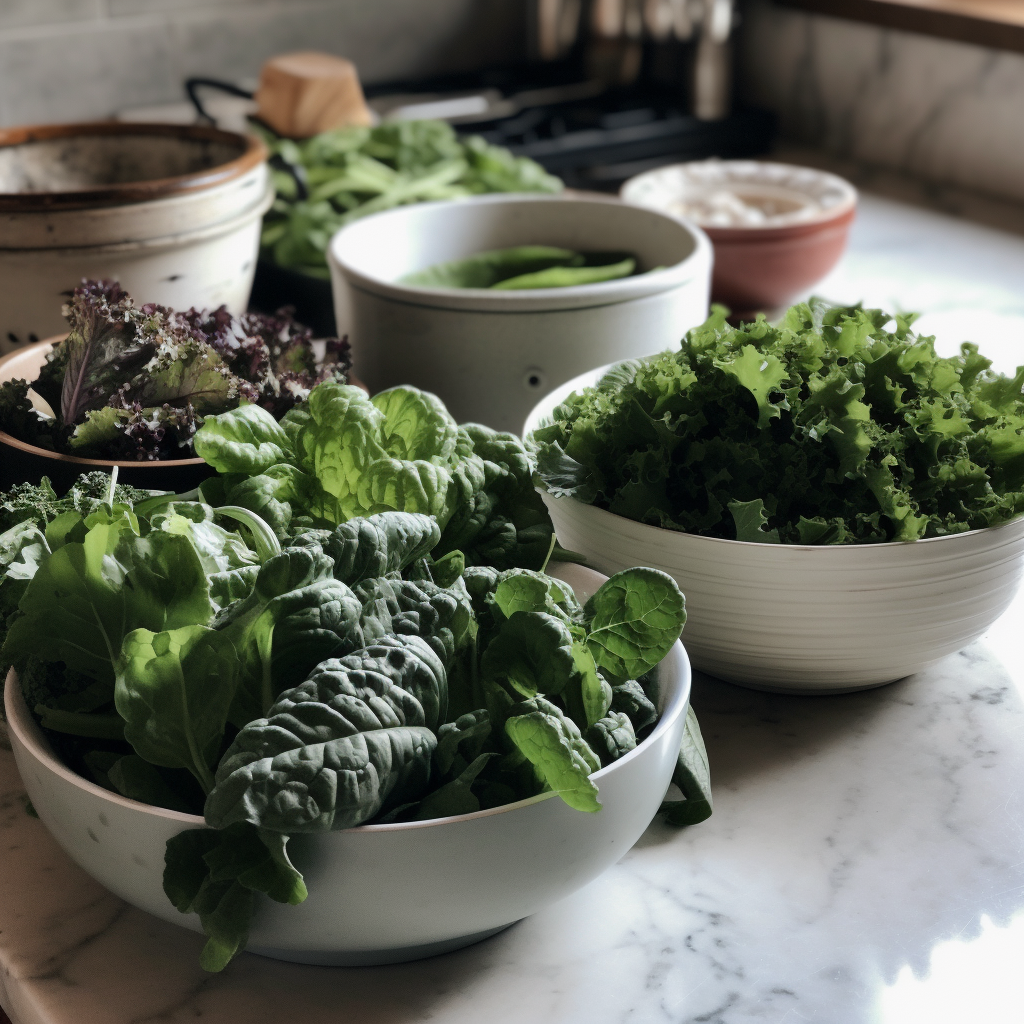
Insoluble fiber for a Healthy Gut
Switching to whole grains such as brown rice, whole wheat bread, and oat bran can make a significant impact on your digestive health.
These grains are rich in insoluble fiber, which promotes regular bowel movements and reduces the risk of constipation. Plus, whole grains also provide essential nutrients like B vitamins, iron, and magnesium, which contribute to a healthy balance in your gut.
Experiment with different whole grain options to find your favorites, and incorporate them into your meals to support your digestive system.
Enjoy the Benefits of Citrus Fruits
Citrus fruits, like oranges, grapefruits, and lemons, are not only rich in vitamin C but also contain a fair amount of soluble fiber.
This type of fiber helps to soften stools and makes them easier to pass, ultimately helping constipation.
Incorporate citrus fruits into your diet by enjoying them as a snack, adding them to salads, or using them as a refreshing addition to your water.

Beans: The Magical Fruit
Beans, such as black beans, kidney beans, and chickpeas, are a fantastic constipation relief food, thanks to their high fiber content.
In fact, just one cup of cooked beans can provide up to 15 grams of fiber, which significantly contributes to your daily fiber intake. Beans also contain other essential nutrients like protein, iron, and magnesium, making them a healthy addition to your diet.
Try incorporating beans into your meals through salads, soups, or as a side dish.
The Power of Berries
Berries, including blueberries, raspberries, and strawberries, are a tasty and nutritious way to relieve your constipation.
They are packed with both soluble and insoluble fiber, which help to regulate bowel movements and maintain a healthy digestive tract. Enjoy berries as a snack, mixed into yogurt or oatmeal, or as a colorful addition to salads for an extra fiber boost.
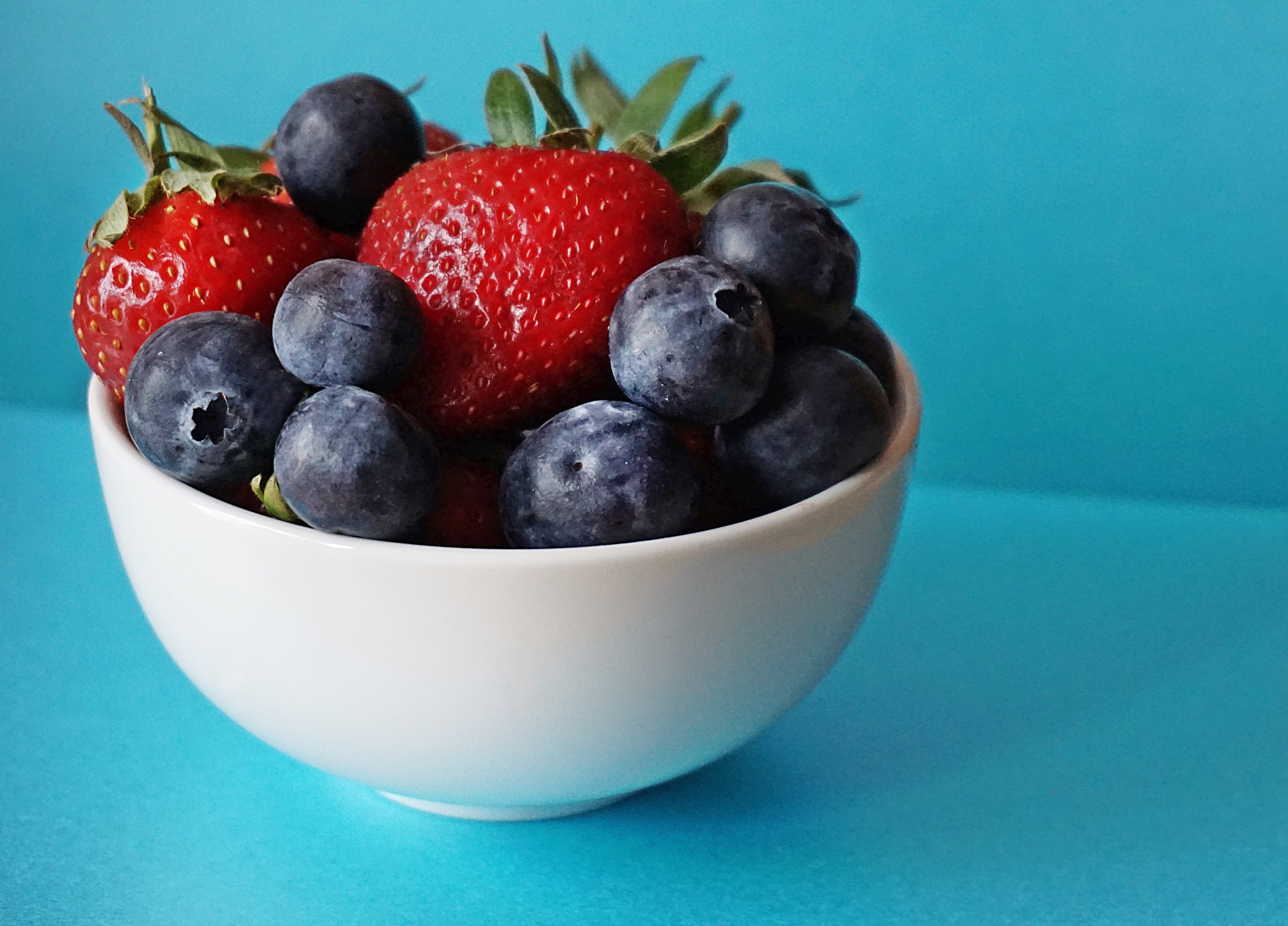
Embrace the Nutty Flavor of Nuts and Seeds
Nuts and seeds, such as almonds, walnuts, and flaxseeds, are rich in fiber and healthy fats.
These nutrients work together to promote bowel movements and soften stools, making them an excellent constipation relief foods.
Add a handful of nuts or seeds to your diet as a snack or sprinkle them on top of your favorite dishes for a delicious and healthy crunch.
Relieve Constipation with Fibrous Fruits
Fruits like apples, pears, and kiwis not only offer a delicious and refreshing taste but also provide a good amount of fiber.
This fiber adds bulk to your stool and stimulates bowel movements, helping to alleviate constipation. Rhubarb is also a big player in fibrous content.
Incorporate these fibrous fruits into your diet by enjoying them whole or sliced, with the skin on for maximum fiber benefits.
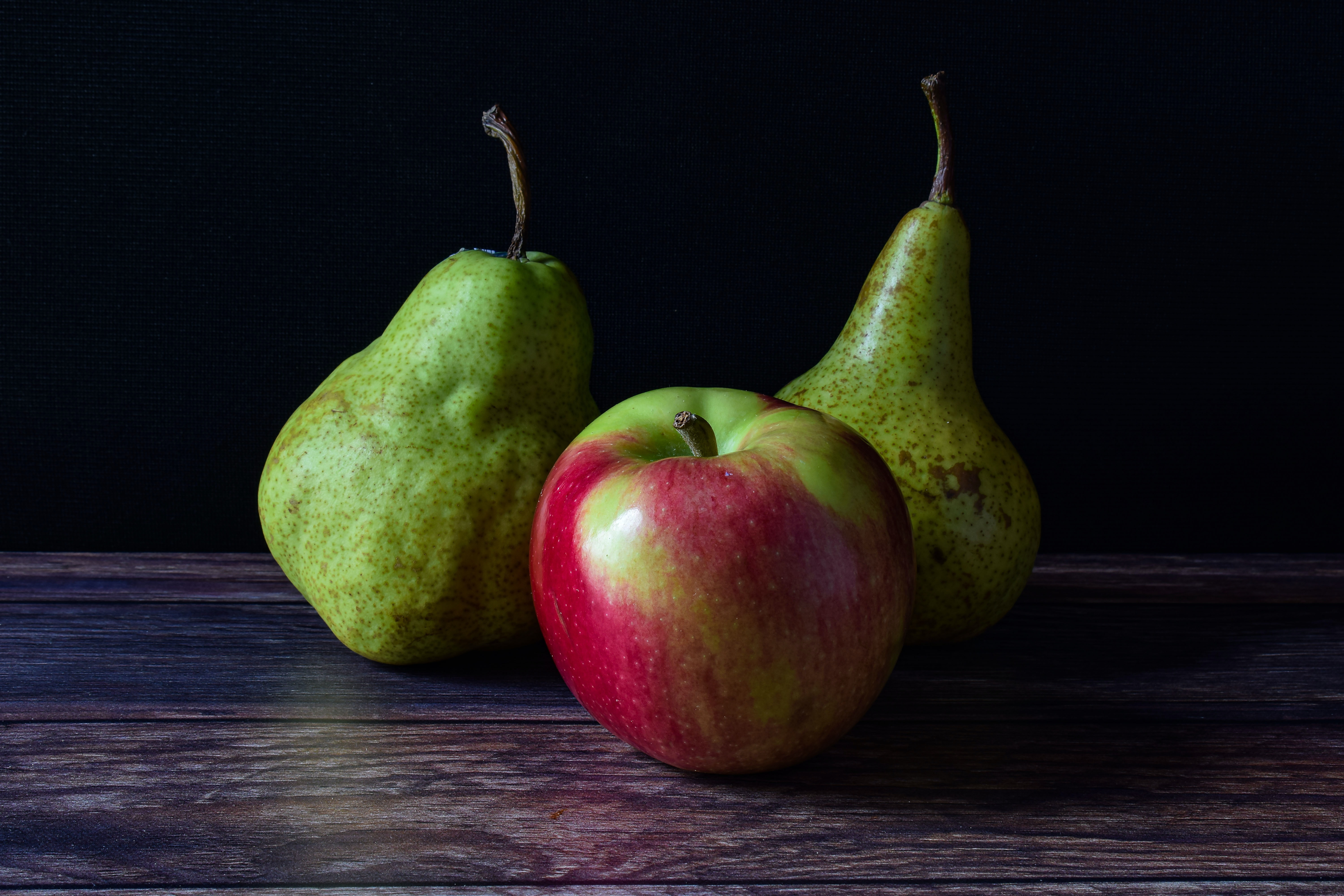
Indulge in Dark Chocolate
Yes, you read that right! Dark chocolate can actually help ease constipation, thanks to its magnesium content.
This mineral aids in relaxing the muscles of the intestinal walls, making it easier for stool to pass through the digestive tract.
Opt for dark chocolate with at least 70% cocoa content to reap the benefits and indulge in moderation.
Unleash the Benefits of Cooked Spinach
Cooked spinach is an excellent source of fiber, vitamins, and minerals, all of which contribute to a healthy digestive system.
The fiber in spinach not only helps to promote regular bowel movements but also nourishes beneficial bacteria in your gut, supporting gut health.
Incorporate cooked spinach into your diet by adding it to pasta dishes, soups, or as a side dish with your favorite protein.
Boost Your Digestive Tract with Oat Bran
Oat bran is a fantastic source of both soluble and insoluble fiber, making it an excellent food for constipation relief.
The high fiber content in oat bran helps to promote bowel movements and maintain a healthy digestive tract.
Add oat bran to your morning cereal, smoothie, or yogurt to increase your daily fiber intake and support gut health.
Experience the Natural Laxative Properties of Aloe Vera
Aloe vera is well-known for its soothing and healing properties for the skin, but it can also act as natural laxatives to relieve constipation.
The gel from the aloe vera plant contains compounds that encourage bowel movements and soften stools, making it easier to pass.
Mix a tablespoon of aloe vera gel into a glass of water or juice and consume daily to support healthy digestion.
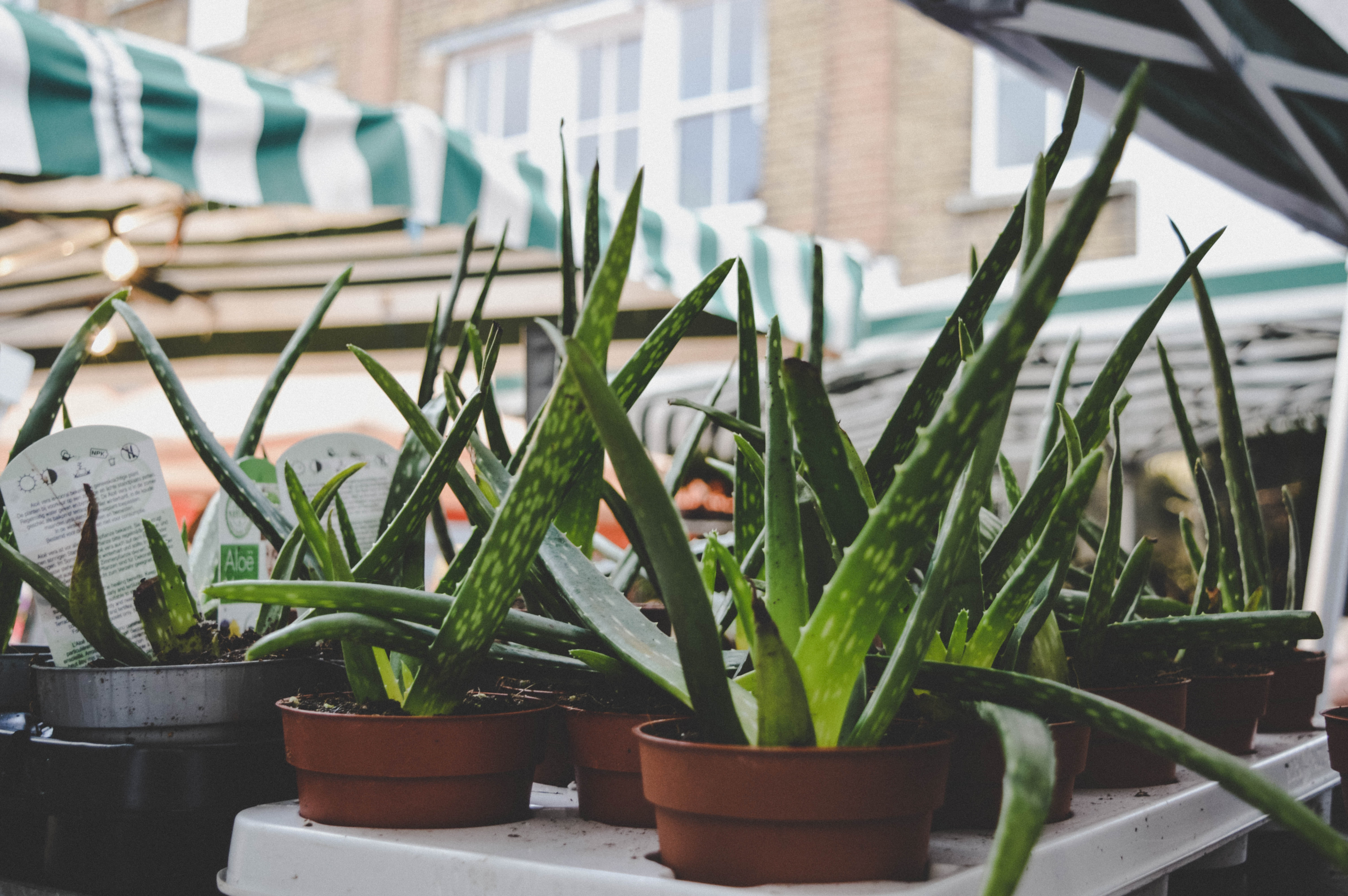
Sip on Ginger Tea for Improved Digestion
Ginger has long been used as a natural remedy for various digestive issues, including constipation.
This spicy root is known to stimulate the digestive system and increase the movement of food through the intestines, ultimately promoting regular bowel movements.
Brew a cup of ginger tea by steeping fresh ginger slices in hot water, or add ginger to your meals for a flavorful and digestion-friendly kick.
Enjoy the Hydrating Benefits of Cucumbers
Cucumbers are a hydrating and fiber-rich food that can help ease constipation.
The high water content in cucumbers helps to soften stools and promote bowel movements, while their insoluble fiber content adds bulk to the stool.
Incorporate cucumbers into your diet by adding them to salads, snacking on cucumber slices, or blending them into a refreshing green smoothie.
Stay Hydrated for Optimal Digestive Health
Drinking plenty of water is essential for maintaining a healthy digestive system and preventing constipation.
Water helps to soften stools, making it easier for them to pass through the digestive tract. Aim to drink at least 8 cups of water per day, or more if you are physically active or live in a hot climate.
Remember that clear soups, herbal teas, and water-rich fruits and vegetables also count towards your daily fluid intake.
Exercise Regularly to Stimulate Bowel Movements
Regular physical activity can help to stimulate bowel movements and prevent constipation.
Exercise promotes the movement of food through the digestive system and can reduce the time it takes for stool to pass through the large intestine.
Aim for at least 30 minutes of moderate-intensity exercise most days of the week, such as walking, swimming, or cycling.
Establish a Consistent Eating Routine
Eating at regular intervals throughout the day can help to establish a consistent pattern of bowel movements and prevent constipation.
Aim to consume three balanced meals and one or two healthy snacks per day, incorporating plenty of fiber-rich foods for constipation relief.
A consistent eating schedule can help to regulate your digestive system and promote regular bowel movements.
Limit Processed Foods and Refined Sugars
Processed foods and refined sugars can contribute to constipation by slowing down the digestive process and increasing the risk of developing chronic constipation.
Instead, focus on consuming a healthy balance of whole grains, fruits, vegetables, lean proteins, and healthy fats to support a properly functioning digestive system and prevent constipation.
Prioritize Stress Management
Stress can negatively impact your digestive system and contribute to constipation.
It’s essential to prioritize stress management techniques to maintain healthy digestion and prevent constipation.
Incorporate activities such as yoga, meditation, deep breathing exercises, or spending time in nature into your daily routine to help manage stress levels and support optimal gut health.
Incorporating these lifestyle changes and tips, along with consuming constipation relief foods, can help to promote regular bowel movements, maintain a healthy digestive system, and prevent constipation.
